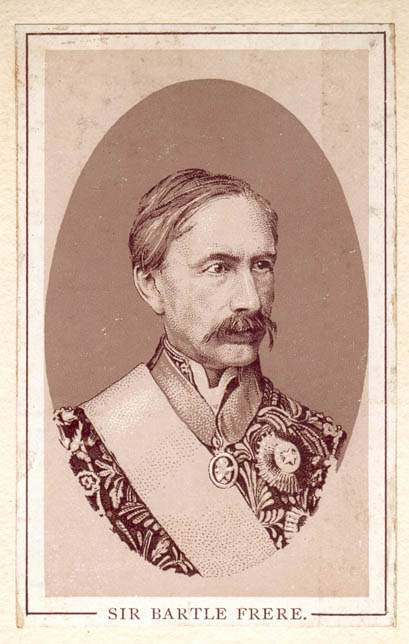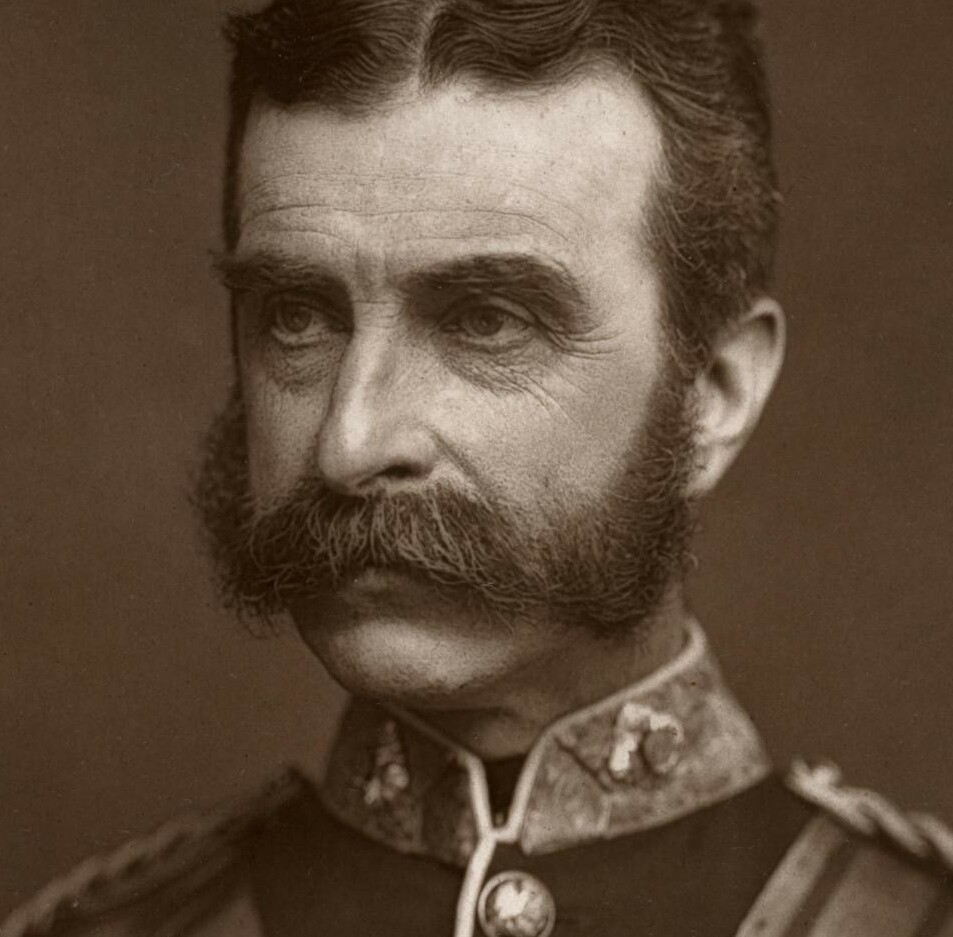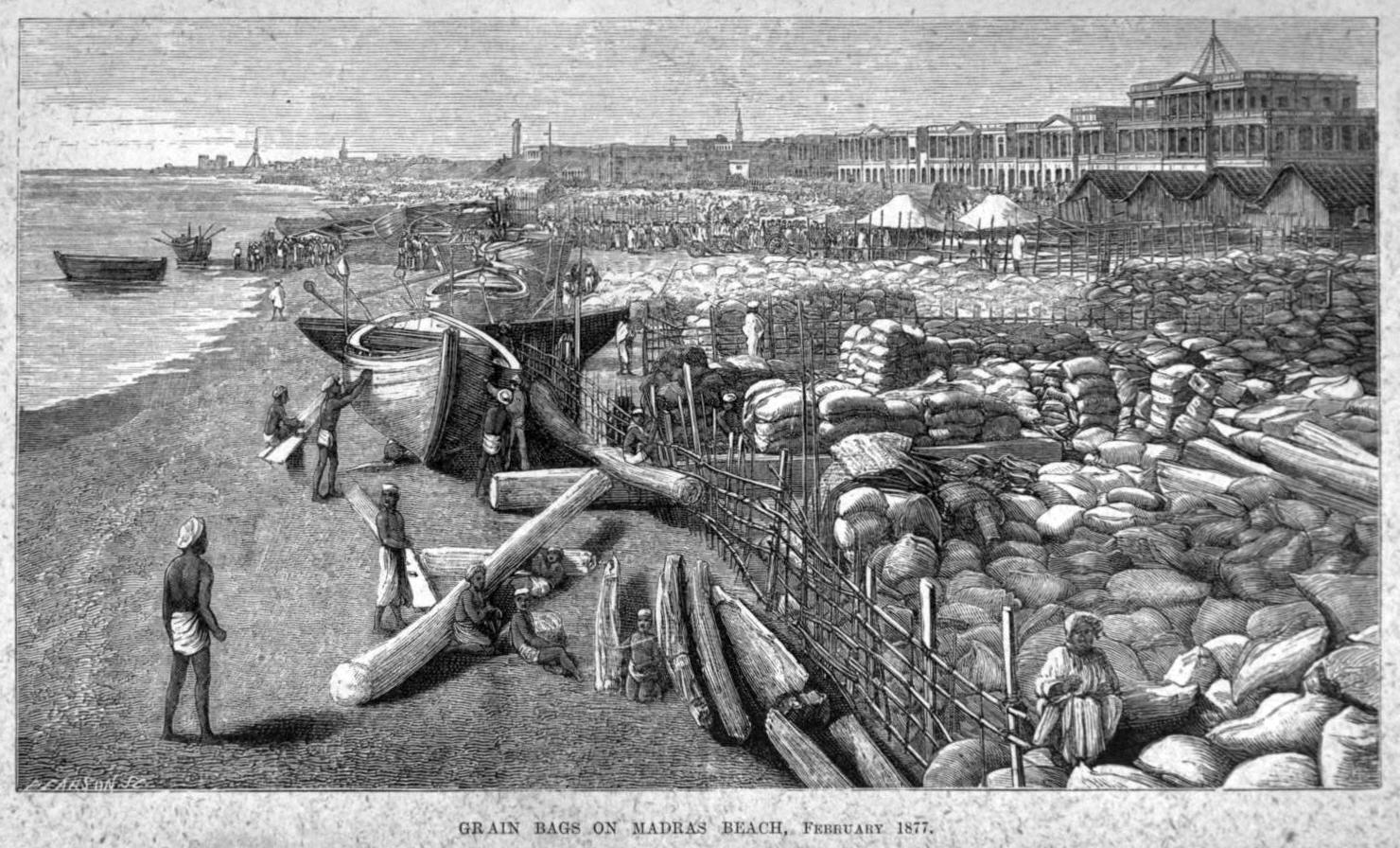|
Zulu War
The Anglo-Zulu War was fought in present-day South Africa from January to early July 1879 between forces of the British Empire and the Zulu Kingdom. Two famous battles of the war were the Zulu victory at Isandlwana and the British defence at Rorke's Drift. Following the passing of the British North America Act 1867 forming a federation in Canada, Lord Carnarvon thought that a similar political effort, coupled with military campaigns, might lead to a ruling white minority over a black majority in South Africa. This would yield a large pool of cheap labour for the British sugar plantations and mines, and was intended to bring the African Kingdoms, tribal areas, and Boer republics into South Africa. In 1874, Sir Bartle Frere was appointed as British High Commissioner for Southern Africa to effect such plans. Among the obstacles were the armed independent states of the South African Republic and the Zulu Kingdom. Frere, on his own initiative, sent a provocative ultimatum o ... [...More Info...] [...Related Items...] OR: [Wikipedia] [Google] [Baidu] |
Battle Of Isandlwana
The Battle of Isandlwana (alternative spelling: Isandhlwana) on 22 January 1879 was the first major encounter in the Anglo-Zulu War between the British Empire and the Zulu Kingdom. Eleven days after the British invaded the Zulu Kingdom, Zululand Empire in Southern Africa, a Zulu force of some 20,000 warriors attacked a portion of the British main column consisting of approximately 1,800 British, colonial and native troops with approximately 350 civilians. The Zulus were equipped mainly with the traditional assegai iron spears and cow-hide shields, but also had a number of muskets and antiquated rifles.Smith-Dorrien, Chapter 1B "It was a marvellous sight, line upon line of men in slightly extended order, one behind the other, firing as they came along, for ''a few of them had firearms'', bearing all before them." eyewitness account, emphasis added The British and colonial troops were armed with the modern Martini–Henry breechloader, breechloading rifle and two RML 7-pounder moun ... [...More Info...] [...Related Items...] OR: [Wikipedia] [Google] [Baidu] |
British Empire
The British Empire comprised the dominions, Crown colony, colonies, protectorates, League of Nations mandate, mandates, and other Dependent territory, territories ruled or administered by the United Kingdom and its predecessor states. It began with the English overseas possessions, overseas possessions and trading posts established by Kingdom of England, England in the late 16th and early 17th centuries, and colonisation attempts by Kingdom of Scotland, Scotland during the 17th century. At its height in the 19th and early 20th centuries, it became the List of largest empires, largest empire in history and, for a century, was the foremost global power. By 1913, the British Empire held sway over 412 million people, of the world population at the time, and by 1920, it covered , of the Earth's total land area. As a result, Westminster system, its constitutional, Common law, legal, English language, linguistic, and Culture of the United Kingdom, cultural legacy is widespread. ... [...More Info...] [...Related Items...] OR: [Wikipedia] [Google] [Baidu] |
Southern Africa
Southern Africa is the southernmost region of Africa. No definition is agreed upon, but some groupings include the United Nations geoscheme for Africa, United Nations geoscheme, the intergovernmental Southern African Development Community, and the #Definitions and Usage, physical geography definition based on the physical characteristics of the land. The most restrictive definition considers the region of Southern Africa to consist of Botswana, Eswatini, Lesotho, Namibia, and South Africa, while other definitions also include several other countries from the area. Defined by physical geography, Southern Africa is home to several river systems; the Zambezi, Zambezi River is the most prominent. The Zambezi flows from the northwest corner of Zambia and western Angola to the Indian Ocean on the coast of Mozambique. Along the way, it flows over Victoria Falls on the border between Zambia and Zimbabwe. Victoria Falls is one of the largest waterfalls in the world and a major tourist a ... [...More Info...] [...Related Items...] OR: [Wikipedia] [Google] [Baidu] |
1880 United Kingdom General Election
The 1880 United Kingdom general election was held from 31 March to 27 April 1880. It saw the Liberal Party (UK), Liberal opposition triumph with 352 seats. Its intense rhetoric was led by the Midlothian campaign of the Liberals, particularly the fierce oratory of Liberal Party (UK), Liberal leader William Ewart Gladstone, William Gladstone. He vehemently attacked the foreign policy of the government of Benjamin Disraeli, Benjamin Disraeli, Earl of Beaconsfield, as utterly immoral. The endeavours of the Disraeli government in Anglo-Zulu War, Africa, Great Famine of 1876–1878#Relief, India, Second Anglo-Afghan War, Afghanistan and Treaty of Berlin (1878), Europe, which were only partially successful and often accompanied by early, humiliating defeats, gave a good deal of fodder to Gladstone for his attacks. Further, Disraeli's favoured dealing with the Turks, who were responsible for horrendous Batak massacre, atrocities against Balkan Christians also laid him open to religious a ... [...More Info...] [...Related Items...] OR: [Wikipedia] [Google] [Baidu] |
Second Anglo-Afghan War
The Second Anglo-Afghan War (Dari: جنگ دوم افغان و انگلیس, ) was a military conflict fought between the British Raj and the Emirate of Afghanistan from 1878 to 1880, when the latter was ruled by Sher Ali Khan of the Barakzai dynasty, the son of former Emir Dost Mohammad Khan (Emir of Afghanistan), Dost Mohammad Khan. The war was part of the Great Game between the British Empire, British and Russian empire, Russian empires. The war was split into two campaigns – the first began in November 1878 with the British Raj, British invasion of Afghanistan from British Raj, India. The British were quickly victorious and forced the Amir – Sher Ali Khan to flee. Ali's successor Mohammad Yaqub Khan immediately sued for peace and the Treaty of Gandamak was then signed on 26 May 1879. The British sent an envoy and mission led by Louis Cavagnari, Sir Louis Cavagnari to Kabul, but on 3 September this mission was massacred and the conflict was reignited by Mohammad Ayub Khan ... [...More Info...] [...Related Items...] OR: [Wikipedia] [Google] [Baidu] |
Treaty Of Berlin (1878)
The Treaty of Berlin (formally the Treaty between Austria-Hungary, France, Germany, Great Britain and Ireland, Italy, Russia, and the Ottoman Empire for the Settlement of Affairs in the East) was signed on 13 July 1878. In the aftermath of the Russian Empire, Russian victory against the Ottoman Empire in the Russo-Turkish War of 1877–1878, the European balance of power, major powers restructured the map of the Balkans, Balkan region. They reversed some of the extreme gains claimed by Russia in the preliminary Treaty of San Stefano, but the Ottomans lost their major holdings in Europe. It was one of three major peace agreements in the period after the 1815 Congress of Vienna. It was the final act of the Congress of Berlin (13 June – 13 July 1878) and included the United Kingdom of Great Britain and Ireland, United Kingdom, Austria-Hungary, Third French Republic, France, German Empire, Germany, Kingdom of Italy, Italy, Russia and the Ottoman Empire. Chancellor of Germany Otto vo ... [...More Info...] [...Related Items...] OR: [Wikipedia] [Google] [Baidu] |
Great Famine Of 1876–1878
The Great Famine of 1876–1878 was a famine in British Raj, India under British Crown rule. It began in 1876 after an intense drought resulted in crop failure in the Deccan Plateau. It affected South India, south and West India, Southwestern India—the British-administered presidencies of Madras Presidency, Madras and Bombay Presidency, Bombay, and the princely states of Kingdom of Mysore, Mysore and Hyderabad State, Hyderabad—for a period of two years. In 1877, famine came to affect regions northward, including parts of the Central Provinces and the North-Western Provinces, and a small area in Punjab region, Punjab. The famine ultimately affected an area of and caused distress to a population totalling 58,500,000. The excess mortality in the famine has been estimated in a range whose low end is 5.6 million human fatalities, high end 9.6 million fatalities, and a careful modern demographic estimate 8.2 million fatalities. The famine is also known as the Southern India famine ... [...More Info...] [...Related Items...] OR: [Wikipedia] [Google] [Baidu] |
Zulu King
The King of the Zulu Nation (IsiZulu: ''Isilo Samabandla Onke'' or ''Ingonyama yamaZulu'') or simply the Zulu King, is the paramount subnational traditional leader of the amaZulu ethnolinguistic group, the Monarch of the KwaZulu-Natal province of South Africa (i.e., the ceremonial figurehead of the Government of KwaZulu-Natal) and the Lord of the Usuthu. The Zulu Kings trace their lineage to Mnguni. Having been a minor but independent polity, they fell under the suzerainty of the Mthethwa when Shaka Zulu ascended to the throne with the support of his suzerain, King Dingiswayo. During the Mfecane, the Zulu Kingdom expanded significantly until the cession of territory by King Dingane to the Natalia Republic following the Battle of Blood River. Zulu territory was annexed into the Natal Colony and the South African Republic following the Anglo-Zulu War during the reign of King Cetshwayo. Following which, the Zulu Kingdom had a civil war whereby the Mandlakazi under Zibhebhu reb ... [...More Info...] [...Related Items...] OR: [Wikipedia] [Google] [Baidu] |
Terms
Term may refer to: Language *Terminology, context-specific nouns or compound words **Technical term (or ''term of art''), used by specialists in a field ***Scientific terminology, used by scientists *Term (argumentation), part of an argument in debate theory Law and finance *Contractual term, a provision in a contract **Credit repayment terms **Payment terms, "net ''D''" on a trade invoice **Purchase order, invoice terms more generally *Term life insurance Lengths of time *Academic term, part of a year at school or university *Term of office, a set period a person serves in an elected office *Term of patent, the period of enforcement of patent rights *Term of a pregnancy *Prison sentence Mathematics and physics *Term (logic), a component of a logical or mathematical expression (not to be confused with term logic, or Aristotelian logic) **Ground term, a term with no variables *Term (arithmetic), or addend, an operand to the addition operator **Term of a summation, a polynomial, o ... [...More Info...] [...Related Items...] OR: [Wikipedia] [Google] [Baidu] |
South African Republic
The South African Republic (, abbreviated ZAR; ), also known as the Transvaal Republic, was an independent Boer republics, Boer republic in Southern Africa which existed from 1852 to 1902, when it was annexed into the British Empire as a result of the Second Boer War. The ZAR was established as a result of the 1852 Sand River Convention, in which the Government of the United Kingdom, British government agreed to formally recognise independence of the Boers living north of the Vaal River. Relations between the ZAR and Britain started to deteriorate after the British Cape Colony expanded into the Southern African interior, eventually leading to the outbreak of the First Boer War between the two nations. The Boer victory confirmed the ZAR's independence; however, Anglo-ZAR tensions soon flared up again over various diplomatic issues. In 1899, war again broke out between Britain and the ZAR, which was swiftly occupied by British forces. Many Boer combatants in the ZAR Bittereinder, ... [...More Info...] [...Related Items...] OR: [Wikipedia] [Google] [Baidu] |
High Commissioner For Southern Africa
The British office of high commissioner for Southern Africa was responsible for governing British possessions in Southern Africa, latterly the protectorates of Basutoland (now Lesotho), the Bechuanaland Protectorate (now Botswana) and Swaziland (now Eswatini), as well as for relations with autonomous governments in the area. The office was combined with that of Governor of Cape Colony from 1847 to 1901, with that of the governor of Transvaal Colony 1901 to 1910, and with that of Governor-General of South Africa from 1910 to 1931. The British government appointed the Governor-General as High Commissioner under a separate commission. In addition to responsibility for Basutoland, Bechuanaland and Swaziland, he held reserve powers concerning the interests of the native population of Southern Rhodesia. The post was abolished on 1 August 1964. List of officeholders The high commission territories The high commissioner was responsible for governing the following territories, in eac ... [...More Info...] [...Related Items...] OR: [Wikipedia] [Google] [Baidu] |






